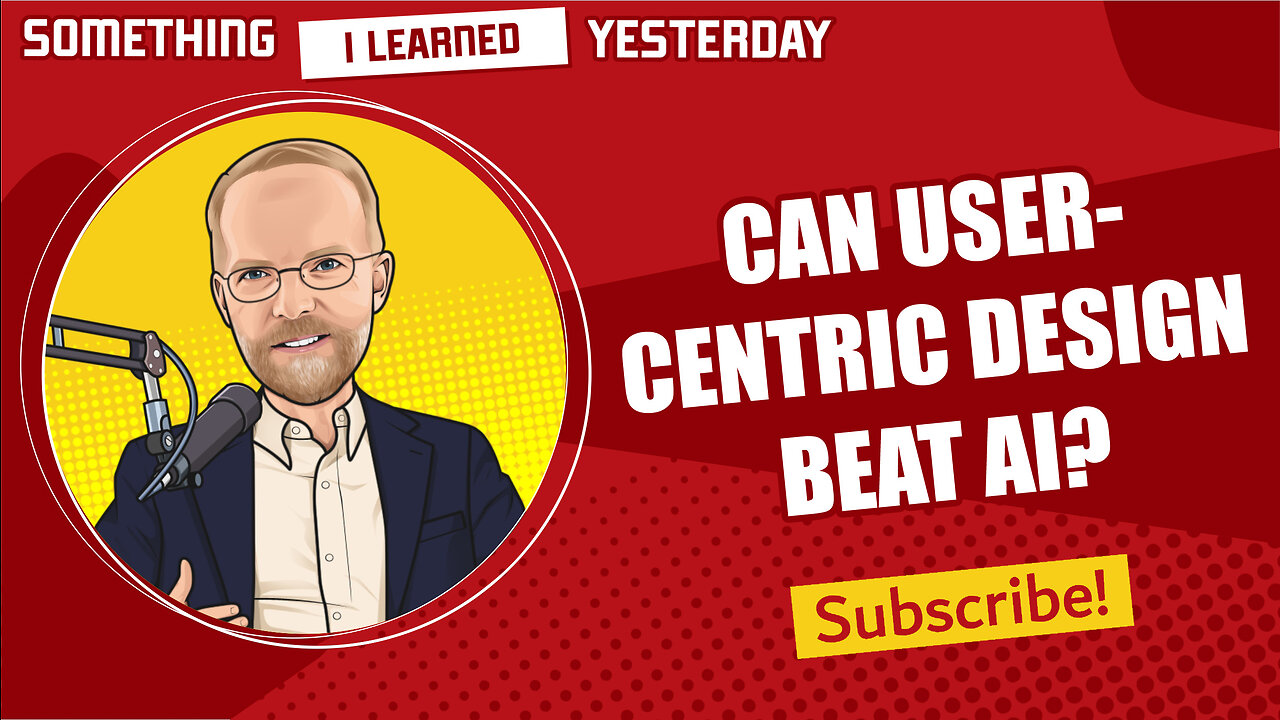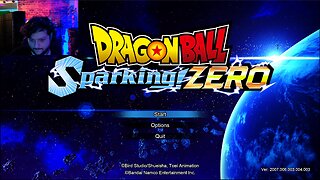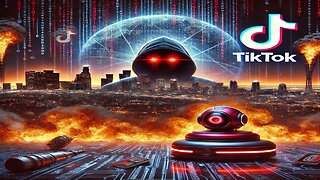Premium Only Content

Can user-centric design save publishers from AI?
Today, some speculation on how to stay a step ahead of AI
Three ideas were crashing and melding and reforming in my brain the other day. Gall’s Law. Planned cities. And Esperanto.
Remember Gall’s Law? I mentioned it a while back. It’s the idea that complex systems can’t be designed from scratch. They have to evolve from simpler systems that work in the real world.
Brasilia is an example of a planned city. A few geniuses decided how they thought a city should be, but it turned out people didn’t like it. It was a big failure.
And Esperanto was a language created by linguists. It’s very logical, but nobody uses it.
These three concepts have one thing in common. There are some things that experts can’t design. They have to develop organically through real-life experience, mostly because even the most genius expert can’t anticipate what people will actually want or prefer. People are weird.
How does this apply to publishing, and content-based websites? And what does it have to do with AI?
Two things.
1. Publishers should pursue a radically user-centric approach to website design.
2. This might be something AI won’t be able to do for quite some time.
Let’s compare the geniuses who designed Brasilia to your genius web designer. Both are legitimate experts in their field. They know a lot. I’m not trying to downplay or discredit that in any way. These are experts who know their trade.
Still, expertise only goes so far. It’s only in the rough and tumble of real-world interaction that you can make a successful city or a successful website.
What does being radically user-centric look like?
* Market research
- Demographics
- Goals
- Pain points
- Motivations
* Develop personas based on findings
* Content research
- What are your users’ questions?
- What formats do they prefer?
* Architecture and navigation
- A/B testing
* Visual design
- Emphasize readability, legibility, a clean, responsive design
* Personalization
* Community
Yesterday I discussed the fear many publishers have about an AI-dominated future, and one of my examples was searching for a recipe. What I hate about recipe websites is that they start off with two pages about Aunt Mable and her summer picnics, where I just want the recipe – which is exactly what a chatbot would give me.
Much to my chagrin, I found that some people actually like that stuff. So a “user-centric” design would allow me to skip straight to the recipe and allow other people to read about Aunt Mable’s summer picnics.
Can AI do that? Is AI able to imagine different possible responses to a design, and then implement it?
I don’t think so. At least it won’t be able to do this for a while yet.
The bottom line is that one response to AI is to go all-in on the hectic, weird, irrational, unplanned, chaotic nature of human experience. Don’t try to think and plan better than AI. Try to be more human than AI.
-
 33:41
33:41
PMG
14 hours ago $1.56 earnedHannah Faulkner and Haile McAnally | OMAHA YR RACE
17.6K4 -
 21:24
21:24
The Based Mother
1 day ago $3.67 earnedThis is not a drill - California is set on self-destruction.
21.9K18 -
 35:23
35:23
CutJibNewsletter
1 day agoWhere Crosses and Cities Burn, soon People Burn, and Dems have the Matches
271 -
 6:06:49
6:06:49
Sgt Wilky Plays
17 hours agoFirefight Friday
89.6K6 -
 5:03:49
5:03:49
Drew Hernandez
20 hours agoLA MAYOR PUSHED $49 MILL LAFD BUDGET CUT ONE WEEK BEFORE FIRES?
137K88 -
 2:52:04
2:52:04
Nobodies Gaming
15 hours ago $7.15 earnedNobodies Rumble Gaming TEST STREAM 2.0
85.7K3 -
 1:00:36
1:00:36
Talk Nerdy 2 Us
14 hours agoDigital Surveillance, TikTok Shutdowns & The Hackers They Don’t Want You to Know About!
69.2K10 -
 3:08:37
3:08:37
SpartakusLIVE
17 hours agoDelta Force || Tactical, Strategic, HARDCORE
69.2K2 -
 3:32:05
3:32:05
I_Came_With_Fire_Podcast
21 hours agoTRUMP GUILTY Verdict, LA Fires, New American EXPANSIONISM, and Cyber Truck Updates!!
43.4K26 -
 1:26:05
1:26:05
Glenn Greenwald
17 hours agoGOP Senators Demand Tulsi Support Domestic Surveillance To Be Confirmed; Group Tracks IDF War Criminals Around The World; System Pupdate: Pointer's Determination To Survive | SYSTEM UPDATE #387
158K156